The questions you need to be asking.
COVID-19 virus will change the way we travel, shop and work for the foreseeable future. Startups and small businesses in New Zealand are seeing:
Drops in business activity
Supply chain disruptions
Disruption of meetings and ‘normal’ business
And while the virus is scary, the economic downturn and repercussions are likely to be felt even longer.
To answer: what’s going to happen to my business? you need to break it down into much smaller, more manageable questions, and challenge every assumption about your business. These may be confronting but this is no time to be an ostrich. Everything needs to change to meet the new normal.
Questions you need to be asking now:
When will I run out of cash?
What does business look like now?
Is this a three-month or a three-year problem?
When will I run out of cash?
Understanding cashflow in a crisis is imperative, and not just in vague terms. NZTE has written a cashflow guide and workbook, but as a startup, start here:
How much cash are you spending each month? Which of these expenses are ones you can’t change? Which are the ones you can? Have you applied for leave and wage subsidies? How will these help?
How much money is coming in each month? If you’re an early-stage company, this number could be $0. And if you’re not, will this number drop?
What is covered by your insurance in regards to business interruption? Have you read your policies? During the lockdown, it is possible you won’t need to pay your rent. Talk to your lawyer about this.
Look at your bank account. How many months your company can survive losing that amount of cash each month? How many days cash do you have? If in the worst case you see you’re running out of cash, under no circumstances run it down to zero. Pay your people first.
Check out Xero’s webinar on managing your cash flow here.
What does business look like now (or at least after the lock down)?
You’ll hate me for this but it’s time to go back to the COIN Canvas. Does your business model still work? When you change the answers for one box (like getting to market) what else does it change? And while we’re in lock down currently, you’ll need to think about what your business will look like once we’re back into the real world.
Look at your customers first.
Are they still buying? After lock down in the next few weeks, will they still buy? Are they laying people off?
If you’re selling direct to consumers, will they be able to get to you? Will they want to? Does your delivery service exist?
Are your customers online when they weren’t before? What are they looking at online?
Do you have a whole new set of customers?
Are their problems still the same? How can you help them through their own crises?
Even if your customers are spending now, they may revise their spending habits.
Is your product still fit for market?
Does COVID-19 open new value opportunities for your business?
How can you alter the product?
Can your product be sold, delivered or produced online? Does it have some benefits if delivered that way?
If you are not an essential service, what value can you add online to customers or potential customers now?
Look around your industry.
Have you still got the same competitors? What are they doing?
Are your unique benefits still unique? Can you set up a novel service/delivery model?
Relook at your marketing strategy.
Who are your biggest advocates? Who could sell on your behalf?
Who could you partner with to fix some of the supply chain?
Who locally is driving sales?
Review your supply chain.
Can you still get supplies from overseas sources? Will these continue? What is your back up?
What are the lead times now? How long will it take?
Is this a three-month or a three-year problem?
If it’s just three-months, (looking more unlikely by the day) then an immediate freeze on variable spending (hiring, marketing, travel, etc.) is in order. But if the economy will be affected longer, you need to figure out a new strategy.
What are the things you need to keep your company alive and what can you leave behind?
Cut costs where possible.
Get rid of unnecessary staff perks and programs and reduce your variable expenses now. How can you get more productivity with less?
Renegotiate fixed expenses (rent, equipment lease payments, etc.) and keep only essential parts of your business.
COVID-19 will affect everyone in one way or other but it’s not all doomsday and dire straits: there will be opportunities too:
Startups are lean, agile and can pivot quickly. Make the most of this, act fast.
Great talent will be available and looking for work.
If you have angel investors, they’re in it for the long haul. At no point did they assume that a ten-year investment would be an easy ride. Talk with them. Ask for help. More than likely, they’ve seen downturns like the GFC and 87 crash. Be open, honest, and get them hands-on.
